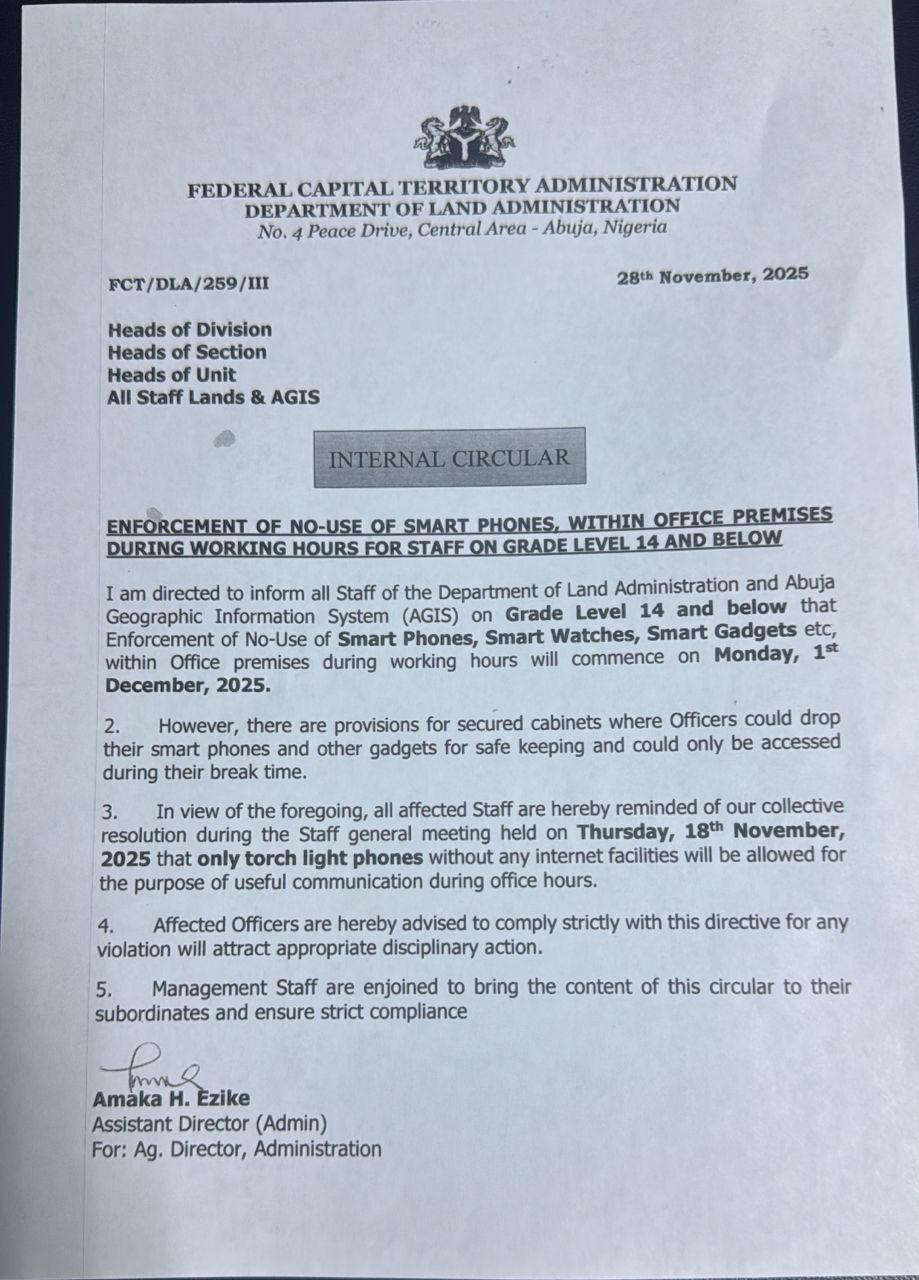
File: Minister of Finance and Coordinating Minister of the Economy, Wale Edun.
Members of the Organised Private Sector of Nigeria have asked the Federal Government to withdraw the proposed amendment to the Customs, Excise and Tariff Bill, warning that it could undermine President Bola Tinubu’s fiscal reform agenda and further fracture Nigeria’s tax framework.
The OPSN, comprising the Nigerian Association of Chambers of Commerce, Industry, Mines and Agriculture; Manufacturers Association of Nigeria; Nigeria Employers’ Consultative Association; National Association of Small and Medium Enterprises; and the National Association of Small Scale Industrialists, during a public hearing on Thursday, urged the National Assembly to retain the current excise rates on non-alcoholic drinks.
In its position paper, the OPSN raised the alarm that the proposed amendment was “misaligned with the Federal Government’s fiscal reform direction and contains several legal and administrative gaps.”
It stated that although the non-alcoholic drinks sector supported government revenue and public health goals, policies “must be holistic, harmonised and context-appropriate” to avoid undermining jobs, investment and industrial stability.
The group warned that Nigeria’s excise framework had become increasingly fragmented “as new levies are introduced without coordinated assessment of their combined effects on production, investment, backward integration, employment, exports, and inflation.”
It cautioned that a steep excise increase or the introduction of a new levy would impose high economic costs on businesses and consumers “without delivering measurable public health gains,” adding that the amendment contained “mathematical, legal and administrative contradictions” and conflicted directly with national industrialisation priorities, including the Nigeria Sugar Master Plan.
The OPSN also warned that the proposal could weaken the beverage value chain, which it described as “one of the country’s most significant contributors to non-oil revenue and a major employer.”
It added that the levy would raise operating costs, reduce capacity utilisation, and increase retail prices at a time when households and small firms were already under pressure. “This, in turn, could reduce Value Added Tax and Company Income Tax collections and place additional strain on medium-term Federation Account Allocation Committee revenues,” it added.
The group stressed that the non-alcoholic drinks industry “supports 1.5 million jobs, drives backward integration under NSMP II and contributes 40–45 per cent of gross revenues as taxes, yet already operates under severe macroeconomic strain and thin margins.”
It argued that pushing the amendment through could undermine the administration’s ease-of-doing-business objectives during a sensitive economic period.
The OPSN criticised the National Assembly for advancing the bill “without coordination with the Ministry of Finance, the Presidential Fiscal Policy & Tax Reform Committee, Federation Account Allocation Committee and other responsible institutions,” noting that it contradicted the President’s emphasis on stability, predictability, simplicity and non-disruptive tax reform.
It referenced global and domestic evidence showing that steep or ambiguous Sugar-Sweetened Beverage taxes in low-income economies lead to job losses, Micro, Small and Medium-sized Enterprises contraction, revenue decline, and no clear health benefits while widening inequality and boosting informal market activities.
“The amendment bill contains internal contradictions (‘20 per cent levy per litre of retail price’) that are impossible to implement consistently. Over-taxation may shrink the formal sector, reduce VAT and CIT collections, and shift consumers to informal markets. The bill may cut medium-term FAAC distributions and weaken state-level revenue stability,” the OPSN stated.
The group stated that it remained open to further engagement with lawmakers, fiscal authorities, and civil society groups to ensure that any future adjustments to the excise regime support investment, jobs, and long-term revenue stability.
The PUNCH has reported that pressure groups are calling for a hike in SSB tax, including the Corporate Accountability and Public Participation Africa, which has campaigned to increase the SSB tax from N10 to N130 per litre.
CAPPA, through its advocacy and report entitled ‘Evaluating Nigeria’s Sugar-Sweetened Beverage Tax: A Critical Review of CAPPA’s Policy Proposals’, has maintained its call for a 1,200 per cent tax hike on SSBs, arguing that it will help to prevent noncommunicable diseases.
.png)
.png) 21 hours ago
7
21 hours ago
7








 English (US) ·
English (US) ·